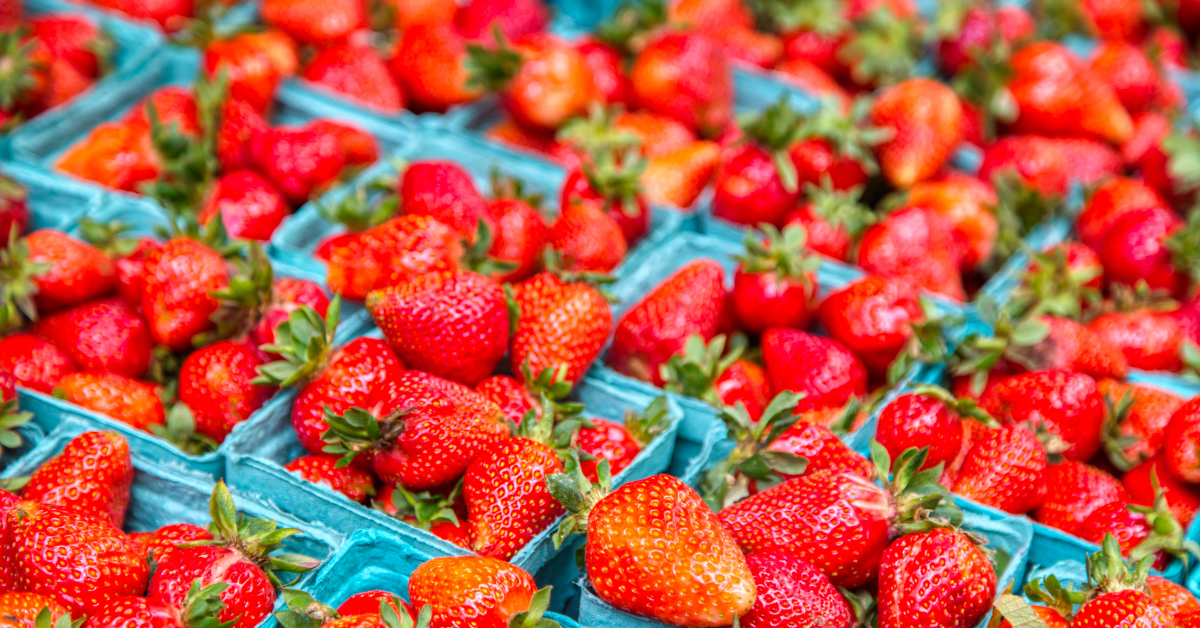If you’ve ever wondered how a flu vaccine works, you might be surprised. And since our communities will continue battling COVID-19 and the flu simultaneously in the coming months, it is important to get your flu shot this year.
As we enter flu season, it helps to know more about the vaccine and how it works to keep you healthy.
How does the vaccine keep you from getting the flu?
A flu vaccine mimics your own immune system. That is true for both the shot and the nasal spray forms of the flu vaccine.
The flu vaccine, and most any vaccine, contains the germs of the illness the shot protects you against. When the vaccine is introduced into your system, it makes your body produce special proteins that tell your immune system to attack the virus. These antibodies are what it would make if you were naturally exposed to the illness.
The flu vaccine helps keep you from getting the flu without you ever having to get sick. It takes about two weeks for your body to produce the antibodies after you receive a vaccination.
Every flu season, the virus changes a bit. That’s why there are updated flu shots every year. They contain new formulas to help you fight off new strains of the virus. Flu shots contain three to four different strains that are expected to be active that season.
What’s in a flu vaccine?
Though vaccines contain the same germs that cause the illness, the germs have either been killed or made much weaker. Most vaccines only have a tiny bit of the germ. That means the virus particles in the vaccine shouldn’t make you sick.
There are other safe ingredients in a flu vaccine, too. These vaccine ingredients include:
- Aluminum salts: A tiny amount helps you develop a stronger immune response to the viruses in the shot.
- Antibiotics: These keep any bacteria from growing in the vaccine while it’s in production or storage.
- Chicken egg proteins: Viruses are sometimes grown in fertilized chicken eggs. That means there may be trace amounts of egg protein in an injection.
- Formaldehyde: This kills off any other harmful germs and toxins that could be in the formula.
- Gelatin: This keeps extreme temperatures from weakening or damaging the formula.
- Thimerosal: This preservative keeps the vaccine uncontaminated from bacteria and fungi.
Is the flu vaccine safe?
There are many myths about the safety of the flu vaccine. However, it’s very safe for most people to get.
For example, the flu shot can’t cause the flu. That’s because the germs are either already dead or weakened. You may have a few minor side effects that only last a day or two. You may also feel sore where the needle went into your arm. If you received the nasal spray, it’s also normal to feel like you have a runny or stuffed nose.
And finally, there is no scientific evidence that suggests the flu vaccine ingredients cause autism. Scientists and researchers who have studied flu vaccines, and their individual ingredients, have not found a link to autism. Previous studies that first suggested this potential link have been thoroughly discredited. Additionally, results and evidence show repeatedly that flu shots and their ingredients aren’t linked to and do not cause autism.
Talk with your primary care provider if you have any questions about getting your flu vaccine this year.
COVID-19 vaccine and the flu shot
Did you know you can get your flu and COVID-19 vaccines at the same time? The Centers for Disease Control & Prevention (CDC) supports getting both vaccines during one visit. And both vaccines are very important to help protect you and your loved ones from serious illnesses in the coming months.
Talk with your primary care provider if you have any questions about getting either of these vaccines this year.
Learn more about the flu vaccine or find a Mercy Health provider near you today.






